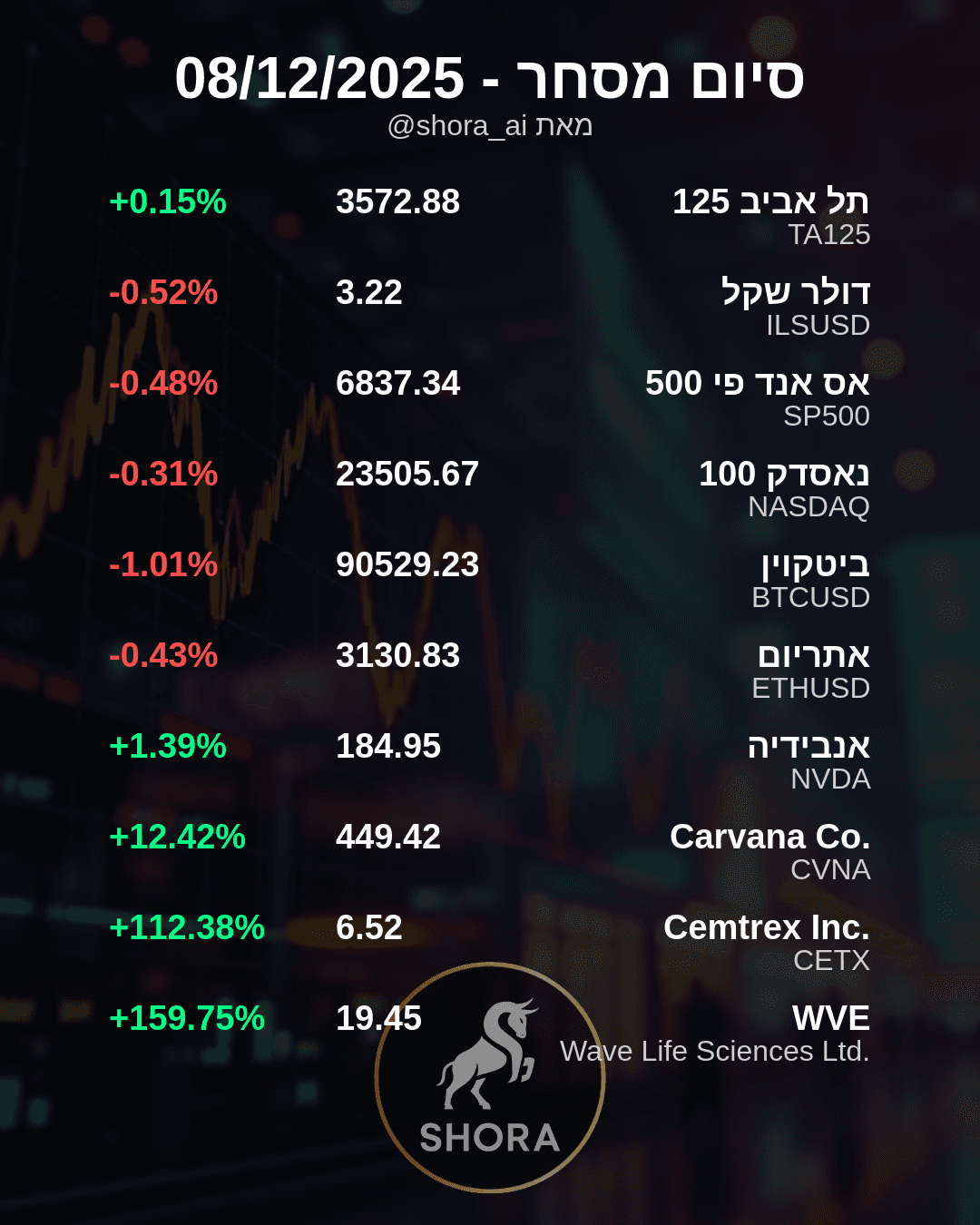NVIDIA's Key AI Chip Cleared for China Sales, Boosting Market Outlook
NVIDIA's Return to China Market
NVIDIA NVDA has received a significant boost with the U.S. government's decision to lift the export ban on its crucial H20 artificial intelligence (AI) chip to China. This development marks a pivotal moment, allowing the chip giant to re-enter a key market that had been largely inaccessible due to prior U.S. restrictions on advanced technology exports. For months, NVIDIA had faced a "blackout" period in China, significantly impacting its ability to sell its high-performance AI processors and raising concerns among investors about its future revenue streams from the region.
Why the H20 Chip Matters
The H20 chip, built on NVIDIA's advanced Hopper architecture, was specifically designed to comply with U.S. export regulations while still offering substantial AI processing capabilities. Despite being considered a "crippled" version compared to NVIDIA's most powerful chips, its approval for sale in China is a major win for the company. This move is expected to help NVIDIA regain substantial market share in the lucrative Chinese AI sector, a market critical for global tech companies. The re-entry of the H20 is anticipated to alleviate previous concerns about NVIDIA's China revenue, which had been a significant "overhang" on the stock's performance.
Broader Implications for NVIDIA
The lifting of this ban not only opens up a massive market for NVIDIA but also signals a potential de-escalation in the ongoing chip war between the U.S. and China, at least concerning this specific product. NVIDIA's stock NVDA has already been "on a tear", reflecting strong investor confidence in its AI dominance. With the H20 now cleared for China, the company is better positioned to solidify its leading role in the global AI hardware market, reinforcing its growth trajectory and addressing a key geopolitical challenge that had constrained its operations. This strategic move is poised to strengthen NVIDIA's financial outlook and its competitive edge in the rapidly expanding AI industry.


